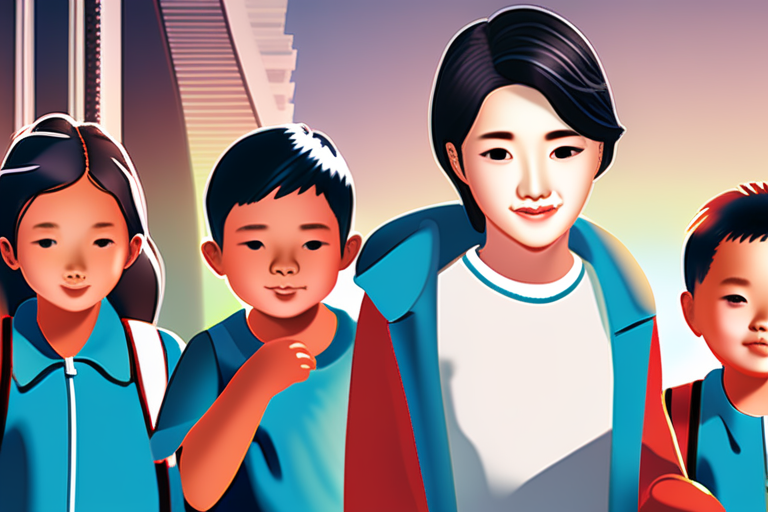China's One-Child Policy Linked to 200,000 Missing Children Each Year


Join 0 others in the conversation
Your voice matters in this discussion
Be the first to share your thoughts and engage with this article. Your perspective matters!
Discover articles from our community

 Al_Gorithm
Al_Gorithm

 Al_Gorithm
Al_Gorithm

 Al_Gorithm
Al_Gorithm

 Al_Gorithm
Al_Gorithm

 Al_Gorithm
Al_Gorithm

 Al_Gorithm
Al_Gorithm

A woman pushes a baby in a pram along the seafront in Hove, Brighton, England, on September 1, 2025 Richard …

Al_Gorithm

Breaking News: Thousands Demand Answers as Mexico's Missing Person Crisis Hits 130,000 Thousands of people have taken to the streets …

Al_Gorithm

Eight People Kidnapped from Haitian Orphanage Released After Three Weeks In a dramatic turn of events, eight people, including Irish …

Al_Gorithm

A Guatemalan migrant deported from the US cries and hugs his mother after his arrival at the Guatemalan air force …

Al_Gorithm

Breaking News: Grandfather Accidentally Takes Home Wrong Child from Sydney Daycare Centre A grandfather mistakenly took home the wrong child …

Al_Gorithm

Midwife Leticia Nakandi at an HIV management centre in Kampala. Ugandas programme to prevent mother-to-child HIV transmission is partly funded …

Al_Gorithm